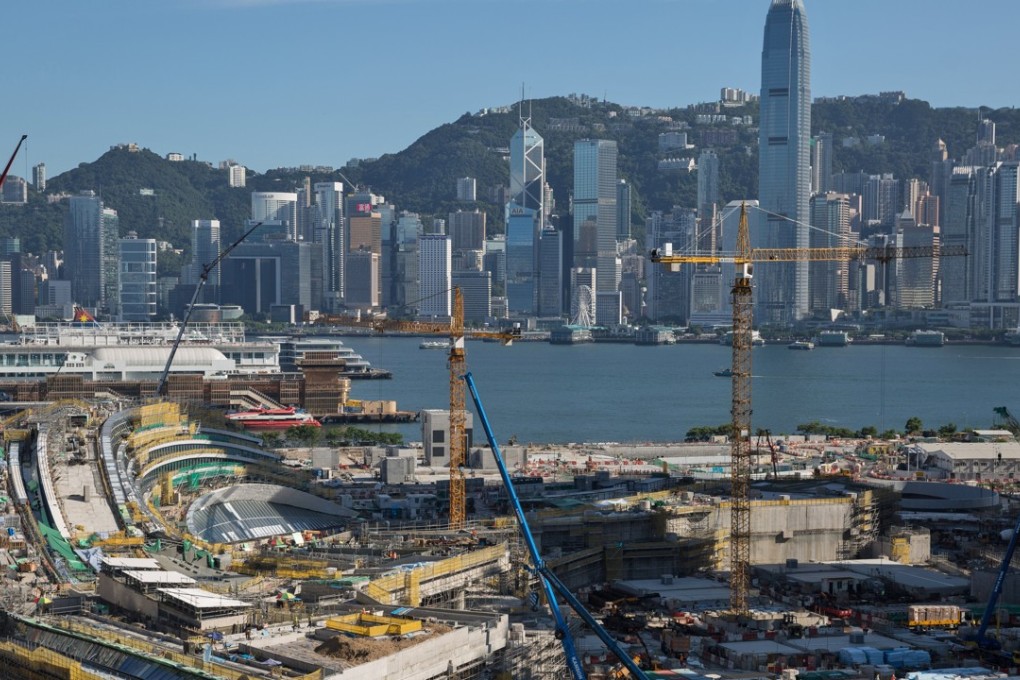Joint checkpoint in Hong Kong for express rail link follows the Basic Law

I take the view that the joint checkpoint arrangement for the high-speed rail link, as proposed by the government, is relatively simple and easy to implement. It will not require an amendment of any part of our Basic Law, there will be no need to seek an interpretation from the National People’s Congress, or introduce any extra national law in the city.
The pan-democrats oppose the joint checkpoint, alleging it is ceding our land plus our jurisdiction to the mainland, thus jeopardising “one country, two systems”. This is untrue.
Under the current proposed arrangement, the area practising a joint immigration checkpoint will be leased to the central government and rental income will be received by Hong Kong government. The arrangement is in accordance with the Basic Law.
As always, the pan-democrats are guilty of scaremongering when it comes to unfounded claims about cross-border legal enforcement and hence the joint checkpoint arrangement, with the aim of scaring Hong Kong people into opposing the co-location arrangement at West Kowloon express rail terminus.
Joint checkpoints exist in a number of countries with officers performing customs clearance and immigration duties. I do not see any link between officers carrying out these duties and the baseless suggestion by the pan-democrats that political dissidents could be arrested. The current problem boils down to the mutual trust between the mainland and Hong Kong SAR.